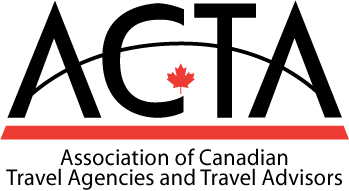Airport Screening Privatized
Staff, Blacklock's Reporter
Cabinet will privatize the federal agency responsible for airport security screening following years of complaints of poor service and long line-ups. Passengers should not see hikes in mandatory security fees of $15 for domestic roundtrip fares and $26 on international flights, said Transport Canada.
“Charges may only be used to recover costs,” staff wrote in a Security Screening Services Commercialization Act. The privatization act is included in Bill C-97, a 392-page omnibus budget bill. “It is a big decision,” said Transport Minister Marc Garneau. “We’re going to get the ball rolling.”
Airport screening is currently managed by a Crown corporation, the Canadian Air Transport Security Authority. A 2016 statutory review Pathways: Connecting Canada’s Transportation System To The World complained of “near-universal condemnation of the existing state of security screening services at Canadian airports.”
“The Security Authority has been unable to meet the challenge of increasing demands with limited resources,” said the review: “Canadian travelers already pay one of the highest aviation security fees in the world, but there is insufficient capacity to meet predictable peaks in demand; performance is declining; and queues are lengthening. Solving this problem is a top priority for nearly every travel and tourism stakeholder consulted.”
The number of travelers in Canadian airports is forecast to grow from 61.8 million a year in 2017 to 69.5 million by 2021. Pathways noted passengers’ charges exceeded the actual cost of screening by an average 18 percent annually since 2010, and recommended the Authority be replaced with a new security agency and “light-touch regulations covering fees and charges to protect users.”
The Act would replace the Authority with a non-profit corporation subject to cabinet oversight. Minister Garneau compared it to Parliament’s 1996 privatization of NAV Canada, the civil navigation agency that regulates flight scheduling.
“That worked out very well,” Garneau told reporters. “We think this will be a good model for passengers with respect to security, and for how this not-for-profit organization will operate.”
The Authority has no service standard, but claims 85 percent of air passengers are screened in 15 minutes or less with delays averaging 12 minutes in Vancouver, 10 minutes in Toronto and 8 minutes in Montréal. Access To Information records indicate security wait times at lower-volume airports like Saskatoon have typically run to 30 minutes or more, while the Canadian Airports Council counted peak wait times of 45 minutes at the busiest airports like Toronto’s Pearson International.
The Council has proposed mandated service standards nationwide that would see most passengers clear airport X-rays in 10 minutes, and no more than 20 in extraordinary circumstances.
“We have seen our wait times grow at our largest airports,” said Daniel-Robert Gooch, president of the Council, said in 2016 testimony at the Commons finance committee. “This is more than just a problem of passenger experience.”
